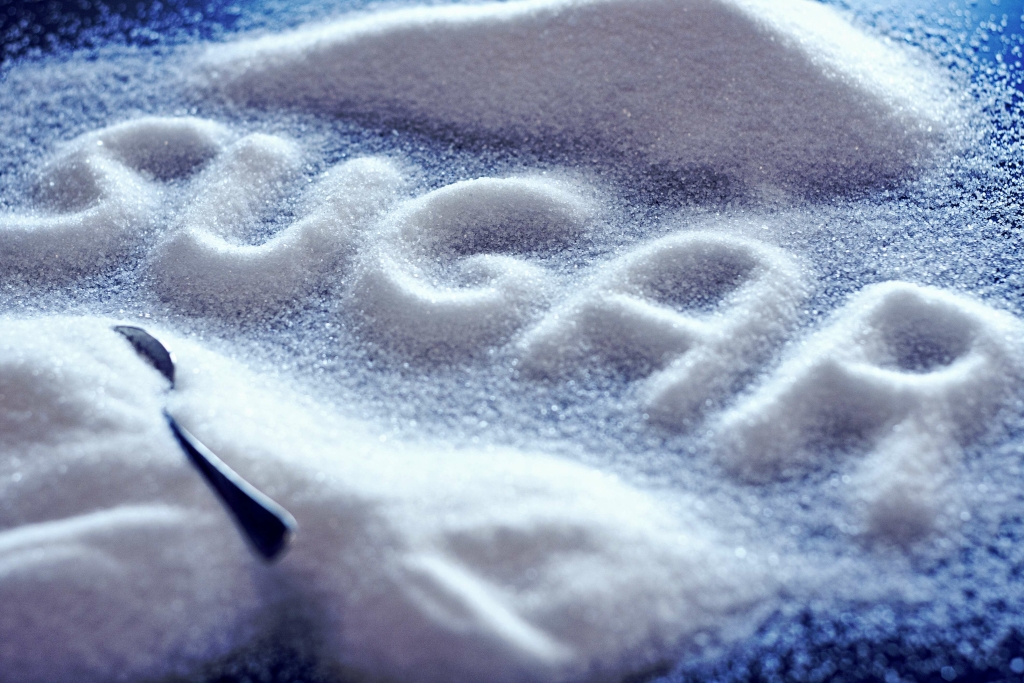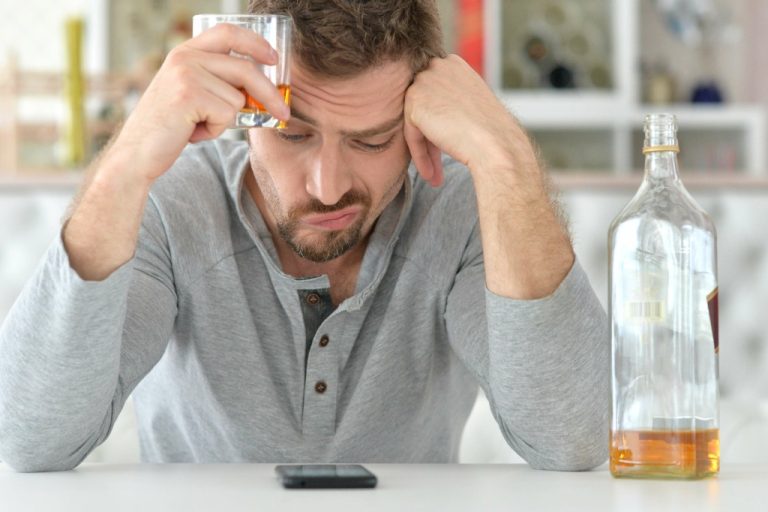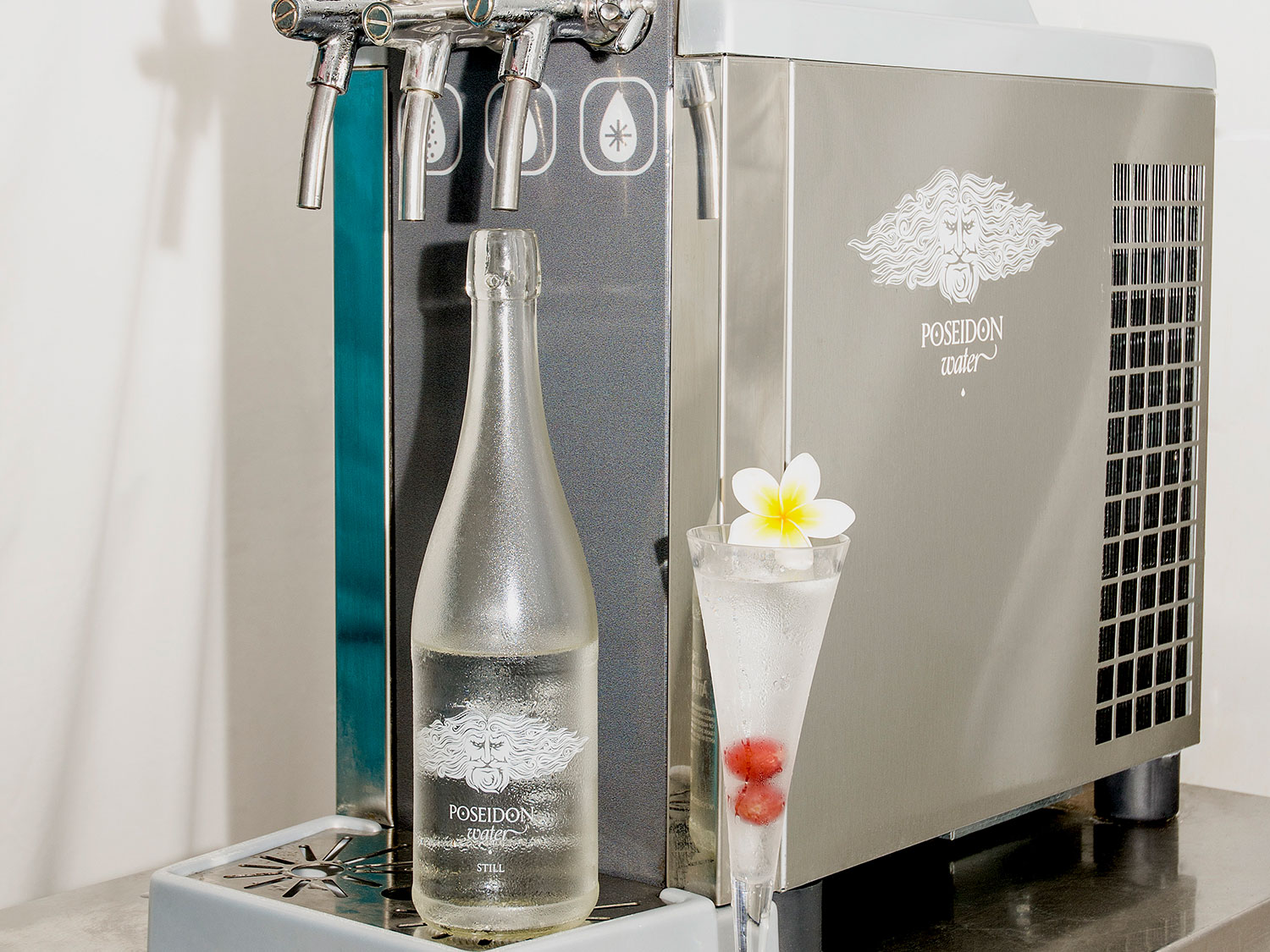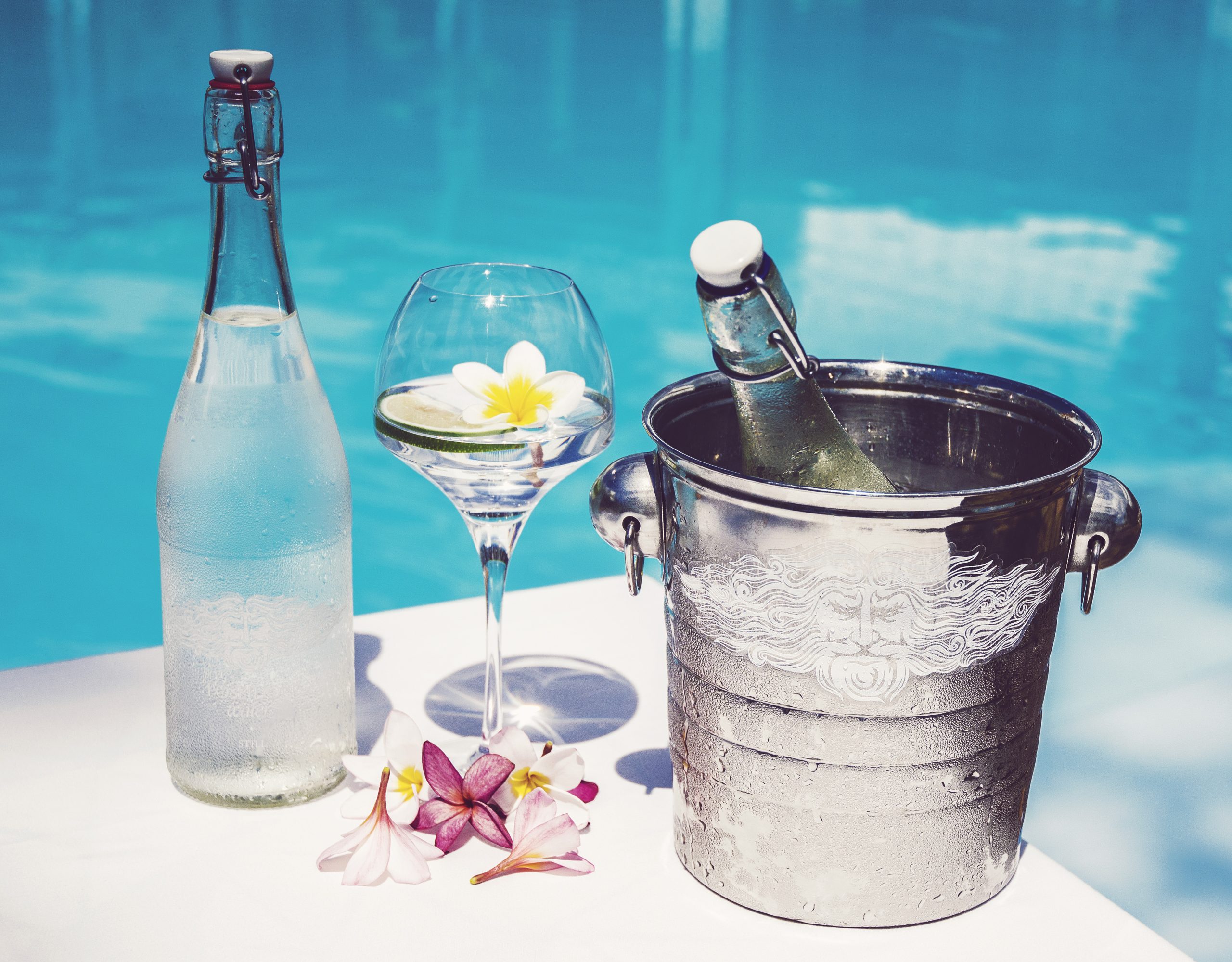Over-the-counter creams and ointments can be effective at relieving itching and reducing inflammation. Topical steroids can also be used to reduce itching and inflammation. Cetearyl alcohol gives our Dynamic Eye Renewal Cream that plush, cushiony feel without weighing the skin down. It helps retain moisture, something especially important as fine lines start to show. If you’re wondering where cetearyl alcohol fits into your daily lineup, the good news is, it’s already doing a lot of behind-the-scenes work in products you’re probably using. At the end of the day, it’s not about avoiding ingredients out of fear.
LAYERING BODY CARE FOR MAXIMUM HYDRATION
- This leads to a reduced ability to concentrate urine, resulting in frequent urination and eventually dehydration.
- However, this seemingly minor side effect can be a harbinger of more significant underlying issues and a missed opportunity for health gains.
- Its dehydrating effects are the reason you wake up with a headache after a party.
- In most cases, though, getting sober is a lot more complex than simply giving up alcohol.
However, if used in excess, fatty alcohols can combine with the natural sebum found on the scalp to form a sticky substance that makes the hair look greasy. Stopping drinking, or even cutting back on the booze can lead to plumper, more youthful and hydrated skin. Which in turn makes your skin seem brighter, reduces the appearance of fine lines and wrinkles and shrinks your pores. Exercise helps to improve our blood flow, which keeps skin looking plump and youthful. Throwing in the odd supplement won’t hurt either, particularly vitamin A, which helps our skin cells to regenerate. Similar to dark spirits, most white wines tend to have high sugar content.
In the short term, drinking alcohol may cause dry skin, flushing, dark circles, and decreased elasticity. Prolonged alcohol consumption and alcohol use disorder can lead to or aggravate a variety of skin conditions. The short-term effects of alcohol on the mouth include dry mouth, bad breath, and changes in taste perception. Drinking alcohol can also cause irritation and inflammation of the gums, which can make them more susceptible to infection. Additionally, alcohol consumption can increase your cravings for starchy and sugary foods, which can contribute to tooth decay and gum disease. Smoking is also a common habit among those who abuse alcohol, which can lead to bad breath, stained teeth, and an increased risk of oral cancer.
When it comes to drinking, many people have questions about how alcohol affects hydration. You might have heard that alcohol can dehydrate you, but there are plenty of myths floating around that can make things confusing. In this article, we’ll break down the facts about alcohol and hydration, clear up some common misconceptions, and give you tips on how to stay hydrated while enjoying your drinks. Understanding how alcohol impacts your body’s fluid levels is key to making smarter choices when you’re out socializing or just kicking back at home. When you’re drinking more than usual, it’s important to remember to consume alcohol responsibly (for both your health and safety!). Alcohol is a diuretic, which means it moves fluid out of your body and can easily dehydrate you.
Creams And Moisturizers (Seal In Hydration)
Don’t let the name fool you, it’s how an ingredient functions that counts. And cetearyl alcohol works to soften, protect, and hydrate, not harm. Long-chain alcohols, on the other hand, like cetearyl alcohol, are a completely different story. The confusion comes from grouping all alcohols into one harsh, drying category.
Mental Health Resources
Excessive alcohol consumption isn’t exactly a recipe for good health. Heavy drinking affects your cardiovascular system, compromises brain and liver health, and can muck up your kidney function. A good way to limit your overall alcohol consumption, and thus limit alcohol’s dehydrating effects, is to alternate alcoholic does alcohol dry you out drinks with glasses of water. Having one glass of wine with dinner will likely not cause dehydration.
Alcohol-induced dehydration doesn’t have different signs than normal dehydration. These signs include headaches, dark urine, dizziness, and a strong thirst. You also have to explore, deeply and honestly, patterns and behaviors in your life that contribute to your alcohol use. You might want to participate in treatment with your loved one whenever possible, but it’s Oxford House also wise to talk to a therapist on your own. This is especially the case if specific behaviors or mood symptoms affect your day-to-day life.
Alcohol, as many are aware, has a wide range of effects on the body. While some are more immediately noticeable, like the warm and fuzzy feeling of euphoria, others like dehydration and dry mouth are subtle and emerge gradually. For every alcoholic drink you consume, try to drink at least one glass of water.

Moderation and mindful choices are essential to https://dev.studiogiusti.eu/sober-living/alcohol-intolerance-symptoms-vs-allergy-and-more-3/ preserving your skin’s health and radiance for the long term. Drinking alcohol can also interfere with your body’s ability to absorb and retain essential vitamins and minerals that are vital for healthy skin. Key nutrients like vitamin A, vitamin C, and zinc are often depleted when alcohol is consumed excessively. These nutrients play a critical role in skin repair, collagen production, and maintaining moisture levels. Many of the effects of alcohol on your appearance are reversible if you reduce the amount that you drink.
The Effects of Alcohol on Your Skin
Proper hydration plays a role in the production of neurotransmitters and hormones that regulate mood, offering another layer of reason to maintain good hydration habits. Most of the trouble people experience with splash has less to do with the product itself and more to do with how it’s used. The formula might be perfectly well made, but poor technique can sabotage the results.

About Delta Dental
Low somatropin levels also lower moisture levels in skin cells, sending your complexion’s pH level off-kilter and plummeting below the level it should be, which is 5.5. However, water might build up in other areas as our body tries to hold onto the fluids it has. We’ve had a night out, and the next morning we wake up and aren’t feeling well.
Respondents’ withdrawal symptoms lasted for an average of 4.83 days. For 95% of respondents, withdrawal symptoms lasted for two to eight days. This range stayed the same whether they were usinghome remedies for alcohol withdrawalor detoxing at a medical facility. Wesurveyed 2,136 American adultswho either wanted to stop drinking alcohol or had already tried to quit (successfully or not). We asked them about their alcohol use, reasons for drinking, alcohol-related outcomes, health and more. The duration of alcohol withdrawal will be different for everyone, and it mainly depends on how heavily and frequently alcohol was used.



